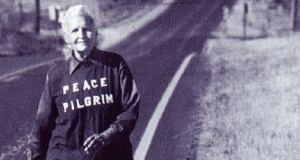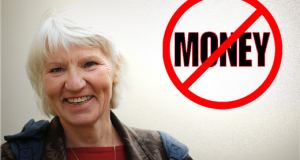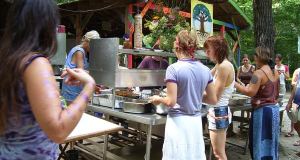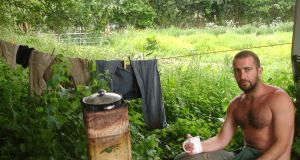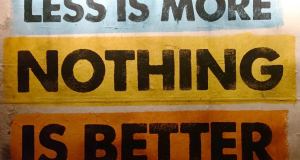
Are you up for the challenge of living without spending money? Get to know life in a new way. Challenge yourself to come up with solutions for everyday things: where do I get my food from, how will I sleep and what is that what I can offer to others? What can I exchange, for example? But also: how does real giving work? Here are 10 tips to get rid of your money addiction and to live life without the pressure of money.
Reduce Your Needs
You don't need all that stuff. Most things you would normally buy are really impulse purchases and are not really needed. Take a look at it. Your first exercise: keep a list for a week or even a month: what do you buy and what did you really need?
At the same time, be critical of your consumption pattern. Where do you spend money on and why? Is it mainly food, drink, clothing, new electronics, nightlife? Have a look at why you spend money on certain things. What is behind it? Is it pure survival (e. g. food) or is to feel good about something.
Then again think about what you really need. And whether you can also replace buying these items or getting those services with other ways of getting those items that actually do not cost any money. Is your thing dancing, going out or yoga?
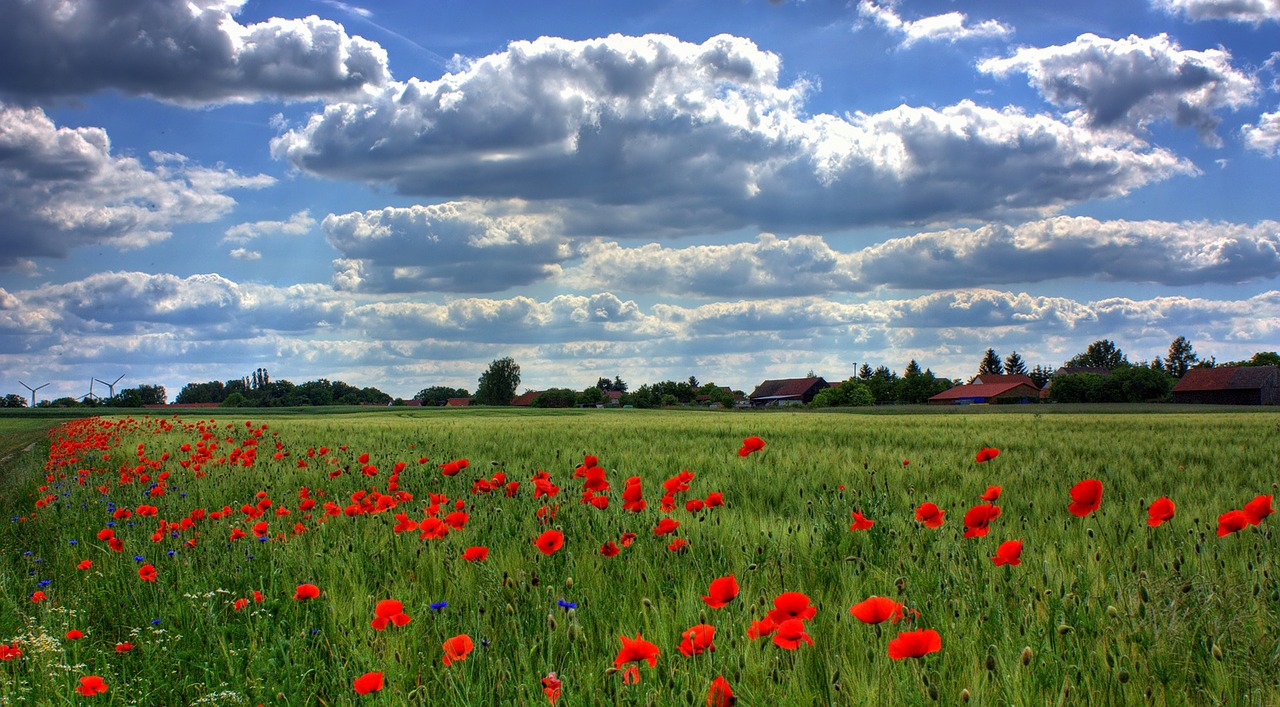
How to live without money?
The first thing we often think of is where can I sleep? Of course, you could choose to sleep in a tent somewhere in a park or forest or just in a sleeping bag, but if wild camping is not really your thing then there are also plenty of other possibilities.
For example, what about living in a house in exchange for jobs or cleaning up a house? There are people looking for a care-taker for their pets or house when they are on holidays. Often this can be free of charge. And there are even websites available where you can find these persons.
You also have the option to just have a rented property but to find someone else who wants to pay the rent for you. Or you could even live in a house that actually is bought but that the mortgage, if any, is paid in a different way, for example through a foundation that supports your moneyless efforts.
Finally, you could also build a house on wheels, or build a house made of natural material, or material that is thrown away. You then only depend on getting a piece of ground. Who knows what kind of solution you can come up with again.
Find food for free or grow your own food
Then we also have to eat. What are some of the possibilities?
- Grow food yourself. With a large vegetable garden you can come a long way. You can grow a lot of food that you can keep for the winter. You can also exchange food for something else.
- Go Dumpster Diving. You can find food in garbage bins on the market, supermarkets and shops.
- Eat for free. In some countries there are websites and networks where you can score free food.
- Ask for food. You can quite easily survive by asking people for food. But you must have a good story. You could think of asking for leftover food in shops that has to be thrown away. This is even possible in restaurants. You can also offer to exchange some work for food and build up a network. Imagine working in an organic shop one day a week in exchange of food.
Swap clothes or make your own
Making your own clothes isn't easy, but you can exchange clothes. In most cities people organize barter parties but you could also organize them yourself and invite others. You could find a community center that can host such a party for free.
If you are handy with a sewing machine, then you can also take in clothes that are too big. Or you can make new clothes from the parts of old garments. This may even become something you can use to exchange for other things.
Do work without pay
In order to get stuff you could also offer work without asking for a payment. Instead, ask for a quid pro quo. For example: offer free work at a vegetable shop in exchange for a bag with groceries. In many countries, you could also try this at a street market.
You can also offer some specific job. For example as a consultant, designer or whatever your profession might be. In return, you can ask your employee if they want to pay your rent for your home or office.
Travel without money
Traveling without money is very exciting. You depend on other people and not on money. You can walk, hitchhike or cycle. Or you can go out with a horse. Food you can ask on the go, this is even considered tradition in some countries. Also think of doing a pilgrimage, for example, or you can plan a journey for a good cause and get people to support you in advance.
We know out of our own experience that if you ask other persons for food and you actually have a good story, you will often get free food at restaurants or other shops. The most important thing is that you don't always expect to get food (you can oppose a rejection) and then you are also able to wait because from time to time you have little or nothing to eat.
There are also hospitality networks of fellow travelers where you can stay for free. But you can also sleep in a tent or hammock. Go somewhere where it's warmer and you can even sleep outside without a tent.
Go networking or search community
Without a network or community, anyone's life is difficult. If you have money then you can often buy what you want to have, but if you consciously want to live without any money at all, in many cases you are forced to be social. You simply can't do without other people!
It is essential to build a network of people who are able to help you. Offer people stuff, offer them work that you can do, or things you can make. Before you know it, you have a network of people and companies with which you can exchange or who otherwise can offer support.
Find sponsors
If you want to set up a project in which you can't get everything free of charge or via exchange, then look for sponsors. Sponsors can, for example, pay for the rental of a room, or help to get material.
You can also find a sponsor for other things, such as a sponsor who makes a piece of land available. Or a sponsor where you can live in the house. A sponsor can be another person, but also an institution, farmer or company.
Don't give up
You don't have to change your life overnight. Small steps is enough to stay on the road. Do it with patience but above all: do it creatively. For all tings that people usually use money, you have to think about how you will get it done without the money.
The more often you go through that process of creative thinking, the more resourceful you will become. That in itself is enough reason to do this experiment. If you continue from there and are able to let go of the moneys altogether.... then you will find it liberating to never have to put more money on the counter, to no longer have to see a cash register and no need to have a debit or credit card. Money is something of the past for you.

